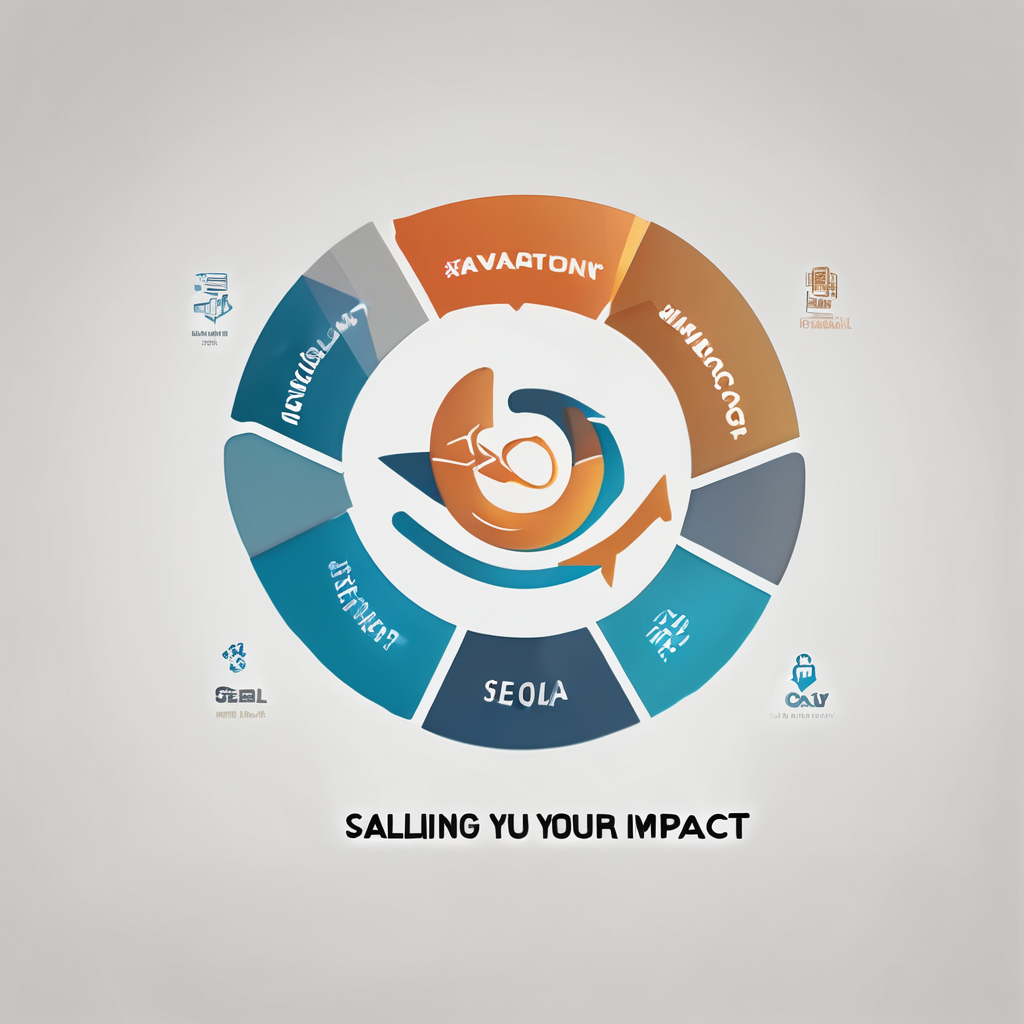Expert event production specialists transform ordinary gatherings into unforgettable experiences. Their technical mastery, creative vision, and precise coordination ensure every detail—from lighting to sound and staging—aligns perfectly with your event’s goals. By combining innovation with seamless management, they deliver smooth, engaging, and memorable occasions that exceed expectations and reduce your stress throughout the process.
The Role and Essential Responsibilities of an Event Production Specialist
A key figure in orchestrating successful events, the event production specialist manages technical operations, stage design, audiovisual setup, and safety protocols. From initial planning to execution, their core functions include synchronizing sound, lighting, and visuals to craft immersive experiences. Their role extends beyond technical tasks, ensuring that all elements adhere to safety standards and budget constraints.
Also to see : What Are the Most Effective Strategies for Handling Negative Publicity for a London Hotel?
Technical coordination involves overseeing audiovisual equipment, managing live sound and lighting, and troubleshooting on-site issues promptly. Stage design and setup require precise planning to match the event theme while optimizing audience visibility and flow. Risk assessment and safety management are vital, especially for large-scale events like festivals or corporate conferences.
Enhancing event quality hinges on the specialist’s ability to synchronize creative vision with operational efficiency. They work closely with clients and vendors, ensuring seamless production processes. Their expertise elevates event impact, delivering memorable experiences that align perfectly with client objectives.
In the same genre : How to Develop a Resilient Supply Chain for a Birmingham Retail Business?
Core Skills, Qualifications, and Career Pathways in Event Production
Technical expertise sits at the heart of effective event production. Mastery of sound engineering basics, lighting design principles, and audiovisual equipment handling is vital for delivering seamless live event coordination. Setting up a sound system or managing stage design and setup demands precision and an in-depth understanding of event logistics management and timeline adherence skills. The ability to troubleshoot technical issues quickly, oversee multimedia presentation setup, and execute flawless event lighting setup are essential, especially during high-stakes events where immediate solutions are often required.
Soft skills distinguish outstanding event professionals. Project management and client communication skills foster clarity throughout the event planning process 10+. Vendor negotiation tips, budget planning for events, and contract management for events ensure technical event management remains both cost-effective and legally sound. Staff training and cross-team collaboration underpin smooth venue setup and teardown, while rehearsal coordination, backstage management, and equipment setup checklists fortify operational quality.
Qualifications span formal study and on-the-job experience. Many roles require industry certifications in event production best practices 10+, hands-on experience handling event production equipment checklist, and familiarity with event production software tools. Career progression typically starts with onsite event management, evolving through production crew roles, up to senior producer or event production leadership positions. Guidance from event production career advice and regular post-event evaluation supports continuous improvement and advancement.
Technical Aspects, Tools, and Methodologies in Modern Event Production
Advanced audiovisual equipment handling drives modern production, starting from the event planning process with precise technical event management strategies. Professionals rely on robust event production software tools that centralize communication, streamline real-time updates, and maintain strict event timeline creation for each stage—design, coordination, and execution.
Meticulous stage design and setup call for detailed equipment setup checklists and effective stage layout planning. The production crew roles extend to operating and monitoring lighting design principles and sound engineering basics, ensuring every audiovisual element aligns with the event theme development and branding needs. Lighting control systems and sound system setup demand routine calibration and troubleshooting technical issues before and during live event coordination.
Rehearsal coordination is invaluable, acting as the last checkpoint for identifying live event troubleshooting scenarios and validating emergency response planning, audio visual coordination, and multimedia presentation setup. Real-time technical support hinges on wireless communication usage and event production checklist management—safeguarding swift responses to last-minute event fixes.
Hybrid and virtual event production integrate live streaming integration and interactive event elements, raising audience engagement methods and broadening reach. Comprehensive risk management in events, equipment inventory management, and event safety protocols are prioritized at every phase, maximizing production value and seamless event logistics management from setup to teardown.
Types of Events Managed and Best Practices for Successful Production
Event planning process varies greatly depending on event type, but experienced teams consistently prioritize clear event logistics management, structured event timeline creation, and strong client communication skills. For corporate occasions—conferences, award ceremonies, or product launches—meticulous event production checklist usage ensures seamless technical event management. This includes sound engineering basics, integrated audiovisual equipment handling, precise stage design and setup, and logistics like venue setup and teardown.
In entertainment, live event coordination demands detailed focus on stage management techniques, effective lighting design principles, and sound system setup. Concerts and festivals particularly benefit from robust backstage management, real-time troubleshooting technical issues, and efficient production crew roles assignment. Fashion shows leverage innovative event decor selection and immersive audience engagement methods, all while upholding rigorous event safety protocols.
Specialized events, such as charity fundraisers or sports events, succeed with dedicated crowd management strategies, thoughtful event marketing tactics, and smooth guest and volunteer coordination. Each situation relies on comprehensive risk management in events and proactive post-event evaluation to refine performance.
Across all event types, proven event production best practices include continuous cross-team collaboration, diligent budget planning for events, regular use of event production software tools, and continual quality control—ensuring consistently memorable, safe, and technically polished experiences.






